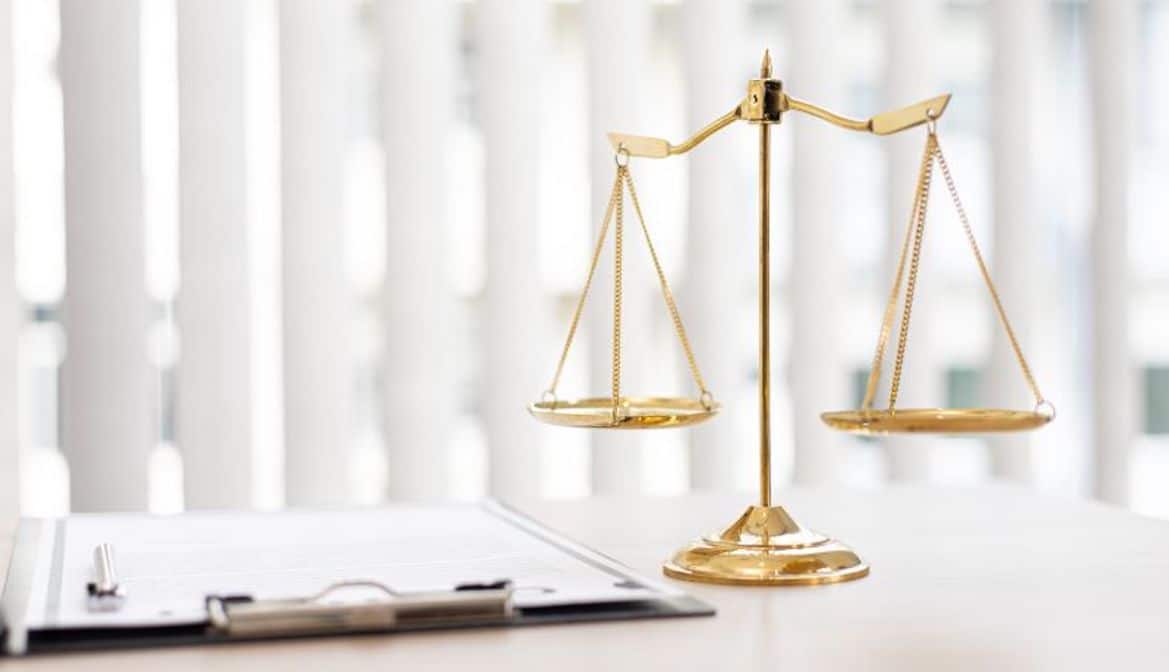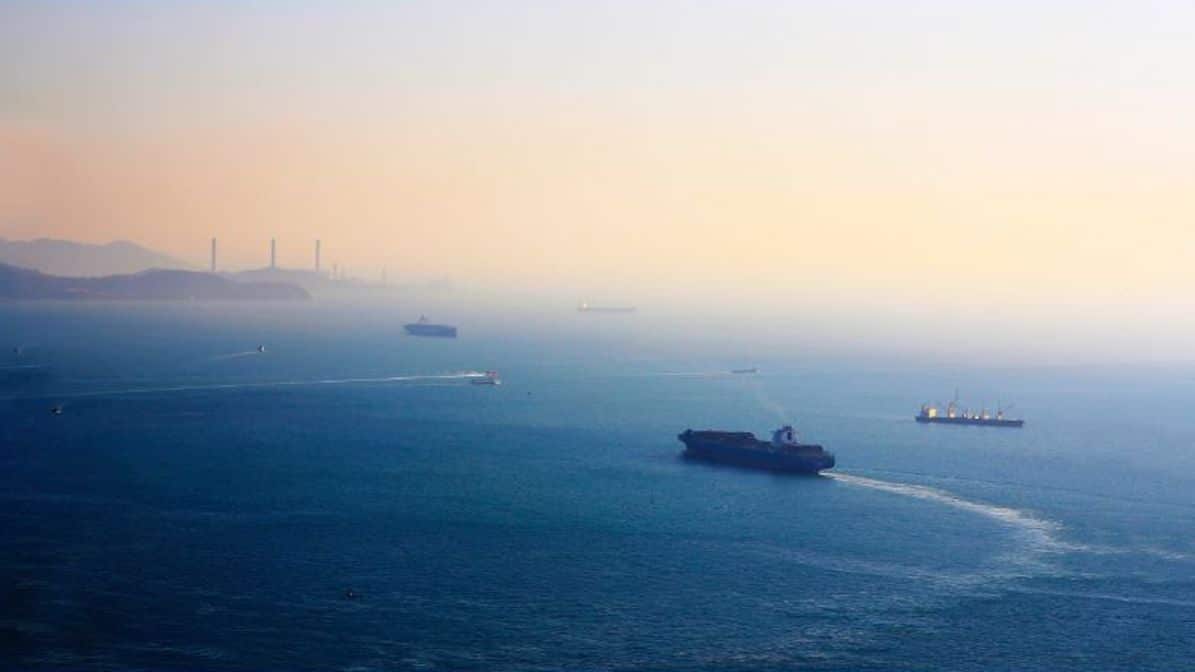Cruise ships have always been popular for vacationers looking to enjoy the sun, sea, and sand. However, accidents and incidents on board cruise ships can and do occur. When these incidents happen, it’s essential to understand the impact of maritime law on cruise ship accident claims.
Maritime law is a complex and specialized area of law that covers all aspects of sea-related matters. This includes accidents and incidents that occur on board cruise ships. Maritime law governs the rights and responsibilities of ship owners, crew members, and vessel passengers. It also covers issues related to cargo transportation and international trade.
Passenger Claims under General Maritime Law
Regarding cruise ship accidents, the first thing to understand is that maritime law applies. Cruise ships are considered “vessels” under maritime law and are subject to different laws and regulations than other types of transportation.
One primary law that applies to cruise ship accidents is the Jones Act. The Jones Act is a federal law that governs the rights and responsibilities of seamen injured on the job. Under the Jones Act, seamen wounded due to their employer’s negligence or another crew member can file a compensation claim.

Passengers on a cruise ship are not considered seamen under the Jones Act. Instead, their claims get governed by general maritime law, a body of law covering all other maritime matters. The rights and responsibilities of passengers on board a vessel.
When a passenger gets injured on a cruise ship, they may be able to file a claim for compensation under general maritime law. However, filing a claim can be complex, and many factors must be considered.
One of the most important factors to consider when filing a claim is the location of the incident. Cruise ships operate in international waters, and the applicable laws can vary depending on the boat’s location. In addition, the laws that apply may also rely on the ship’s nationality, the passenger’s nationality, and the location where the claim gets filed.
Time Limit for Filing a Claim: Understanding Your Rights
Another essential factor to consider when filing a claim is the time limit. Under maritime law, a specific time limit exists for filing a claim. This time limit can vary depending on the type of claim, the location of the incident, and other factors. It’s important to understand the time limit for filing a claim and to act quickly to ensure it gets filed on time.
In addition to these factors, other issues to consider when filing a claim for a cruise ship accident. The type of injury or damage sustained, the cause of the accident, and the availability of witnesses and evidence can all impact the success of a claim.
Overall, the impact of maritime law on cruise ship accident claims is significant. Cruise ships are subject to a different set of laws and regulations than other types of transportation, and passengers who get injured on board may have to navigate a complex legal system to file a compensation claim. Working with an experienced maritime law attorney who can guide you through the process and help you understand your rights and options is important. Doing so can ensure you receive the compensation you deserve for your injuries and damages.
One key aspect of maritime law that affects cruise ship accident claims is the concept of “strict liability.” Strict liability means that ship owners are responsible for any injuries or damages on board their vessel, regardless of fault. This is a significant departure from traditional legal concepts of negligence, requiring a plaintiff to prove that the defendant was at fault for the injury or damage.

Strict Liability in Maritime Law: The Duty of Cruise Ship Operators to Provide Safe and Secure Environments
Strict liability is a legal concept that imposes liability on a party for damages or injuries suffered by another party, regardless of fault or intent. In maritime law, ship owners and operators are responsible for providing passengers with a safe and secure environment while onboarding their vessels. They can be held liable for any injuries or damages regardless of fault.
The concept of strict liability in maritime law is critical to protecting passengers on cruise ships and ensuring that ship owners and operators are held accountable for providing a safe and secure environment for their passengers.
About the Author:
Andrew Winston is a partner at the personal injury law firm Winston Law. For over 20 years, he has successfully represented countless people in all personal injury cases, focusing on child injury, legal malpractice, and premises liability. He has been recognized for excellence in representing injured clients by admission to the Million Dollar Advocates Forum and named one of America’s Top 100 High-Stakes Litigators. Mr. Winston is AV Preeminent Rated by the Martindale-Hubbell Law Directory, enjoys a 10.0 rating by AVVO as a Top Personal Injury Attorney, and has been selected as a Florida “SuperLawyer” from 2011-2022– an honor reserved for the top 5% of lawyers in the state – was voted to Florida Trend’s ”Legal Elite,” recognized by Expertise as one of the 20 Best Fort Lauderdale personal injury attorneys, named one of the Top 100 Lawyers in the Miami area for 2015-2022, and one of the Top 100 Lawyers in Florida for 2015-2017 and 2019-2022.















